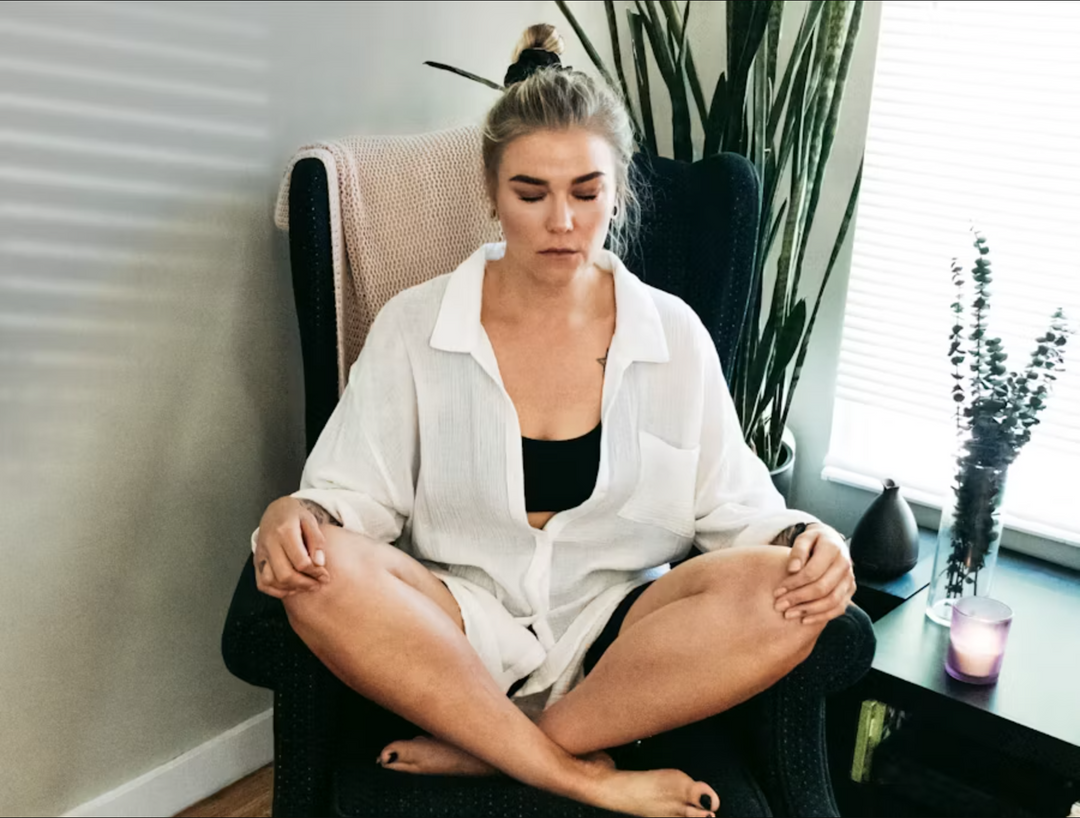
Aerial yoga offers a unique blend of movement and mindfulness, but it’s not automatically a fit for everyone. If you're already exploring gear for your practice, such as a yoga carrying bag, you might also want to pause and assess whether aerial or anti-gravity yoga is right for you. While this practice of floating mid-air can promote relaxation and strength, it may not be suitable for everyone—especially those with specific health conditions. It’s essential to consult a healthcare provider beforehand to ensure it’s a safe option. Here are several conditions for which aerial yoga may not be recommended:
- Pregnant women
- People with heart conditions
- People with vertigo or dizziness
- People with spinal issues
- People with glaucoma
- Individuals with recent injuries or surgeries
- People with severe arthritis
- Those with respiratory issues
- Those who fear heights or enclosed spaces
Now, let’s explore these cases one by one.
1. Pregnant Women

For those of you, in the later stages of pregnancy, aerial yoga can pose high risks with its inversions, intense stretching, and potential pressure on the abdomen. Inversion poses, where the body is upside down, may affect blood circulation and increase the risk of falls or dizziness, which is problematic while you are expecting. Intense stretching during certain positions also increases pressure on the abdominal area. This leads to strain and less blood flow to your uterus, which isn’t good stress for a growing baby.
It is better to go to a prenatal yoga class specializing in poses comfortable for pregnant women so that you have an environment that supports your expecting baby. It’s still important to consult with your healthcare provider first before making any decisions to attend when you are expecting to minimize any risk.
2. People With Heart Conditions

If you have heart problems or high blood pressure, you should avoid inversions. These specific poses can increase blood pressure and strain the heart. If you have a pacemaker, you should definitely take extra care in doing yoga exercises, as the fabric can build pressure into the chest, or inversions can cause further strain on the body.
3. Individuals With Vertigo Or Dizziness

I believe for some people, a certain amount of nausea while experiencing aerial yoga can be common, but it is not enough to be harmful. Aerial inversions and spinning movements may trigger dizziness or vertigo so take extra care if you already experience symptoms or have anemia. You must stay alert to these conditions, be cautious, and consult a healthcare provider before participating in aerial yoga.
4. Those With Spinal Issues

I strongly believe that for individuals dealing with spinal injuries, herniated discs, or other serious back concerns, it’s important to approach aerial yoga with caution. Inversions and backbends exert pressure and can potentially intensify your conditions to cause harm. Again, it is important to have a conversation with your healthcare provider instead of causing damage by stretching your spine. It is also important to consider, a specialized instructor in back issues.
5. Individuals With Glaucoma

If you’ve been diagnosed with glaucoma, you are also advised to stay away from aerial yoga, as caution must be practiced not to increase pressure on your eyes. Inversions can increase intraocular pressure, which can be dangerous for individuals with glaucoma. People with eye conditions should avoid poses that involve hanging upside down or straining the head.
6. Those With Recent Surgeries Or Injuries

For those recovering from recent surgeries or injuries, particularly those related to the spine, shoulders, or limbs, avoid aerial yoga until they fully recover. Aerial yoga stresses various body parts through physical exertion and can hinder your healing process by causing stress on your body and pulling on your skin, wounds or stitches. I believe that it’s best to avoid the potential for aggravating injuries and to encourage uninterrupted healing unless a healthcare professional has specially instructed you to take up yoga.
7. People With Severe Arthritis

Aerial yoga holds the unique challenge of gripping the fabric and supporting body weight through core strength, which might be challenging for you if you have severe arthritis or joint pain. Navigating through a session might increase the persistent pain in your joints. You be careful not to exert your body, especially where there is the risk of further harm.
8. People With Respiratory Issues

If you have respiratory problems, such as asthma or chronic obstructive pulmonary disease (COPD), yoga can put pressure on the chest or restrict breathing. Some studies say there are adverse effects for those with chronic conditions and illnesses. Certain poses cause stress on the respiratory muscles, leading to discomfort, breathlessness, or distress. It’s important here to take care not to do an activity that could lead to further dizziness due to lack of oxygen.
9. Those With A Fear Of Heights Or Enclosed Spaces

Being suspended in the air with a single silk rope can be really frightening for people with acrophobia or even claustrophobia. For this very reason, if you fear heights or enclosed spaces, consider whether aerial yoga suits you. It’s important to think about how you feel and ensure you are mentally okay with it before trying it out. While some prefer to push through their comfort level, I believe your mental well-being is important. You want to aim for an enjoyable experience, not an anxious triggering entanglement.
Before starting aerial yoga or any new exercise program, it is important you consult with a healthcare provider or a qualified fitness professional, especially if you have any underlying health concerns or medical conditions. With personalized guidance on whether aerial yoga suits you, they can suggest all kinds of appropriate modifications, accommodations, or alternatives if needed. It is better to be safe than sorry!





